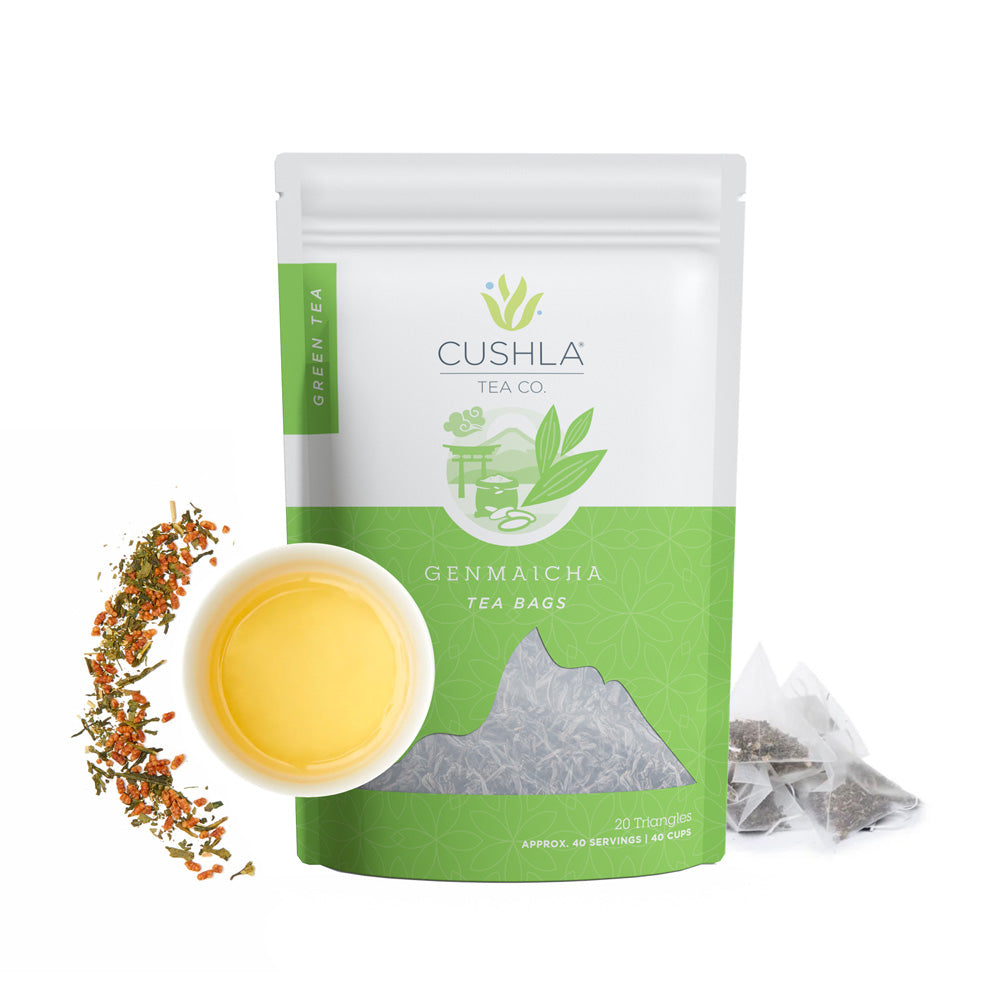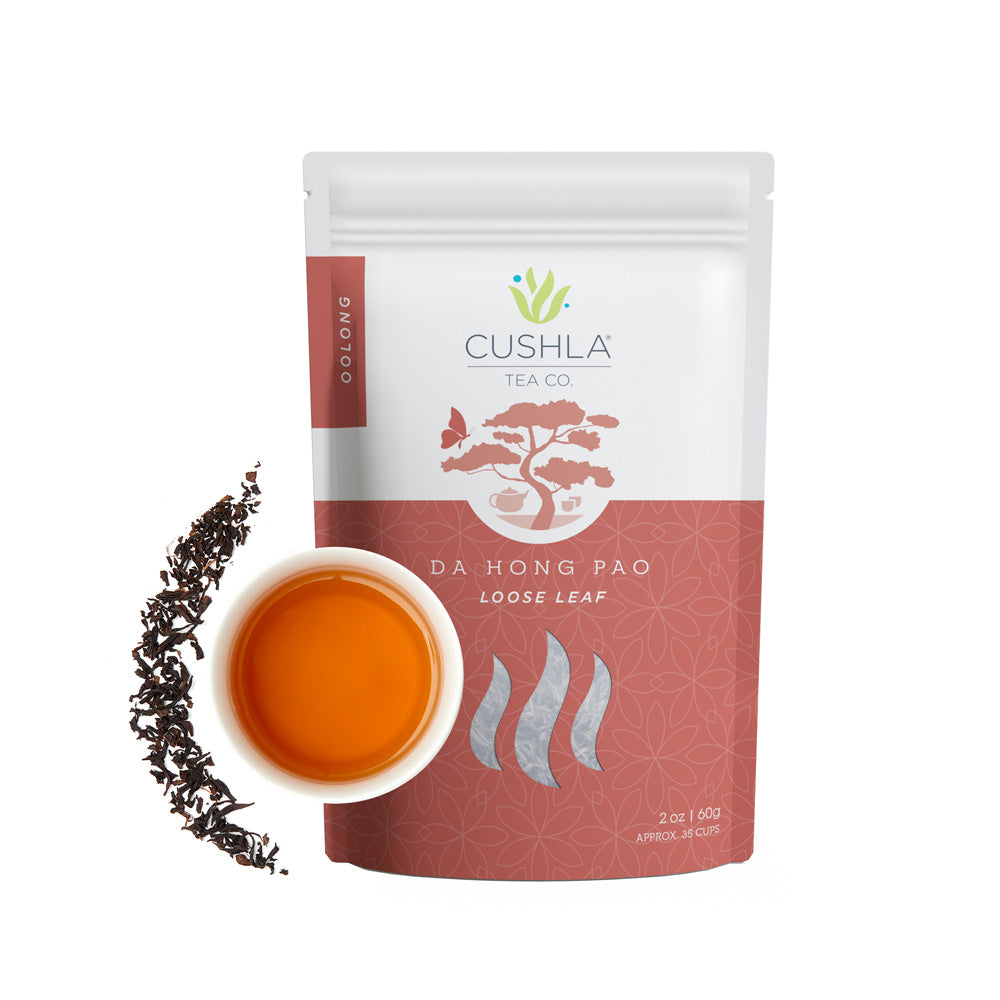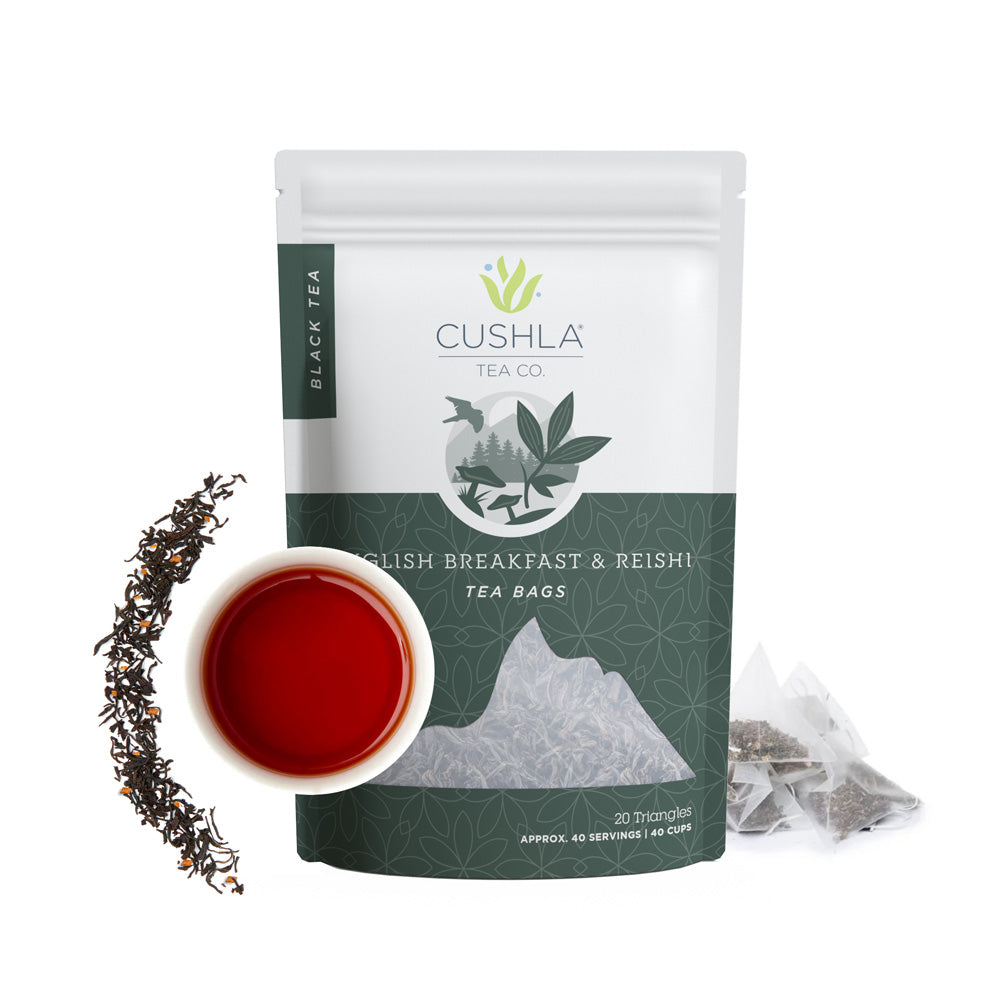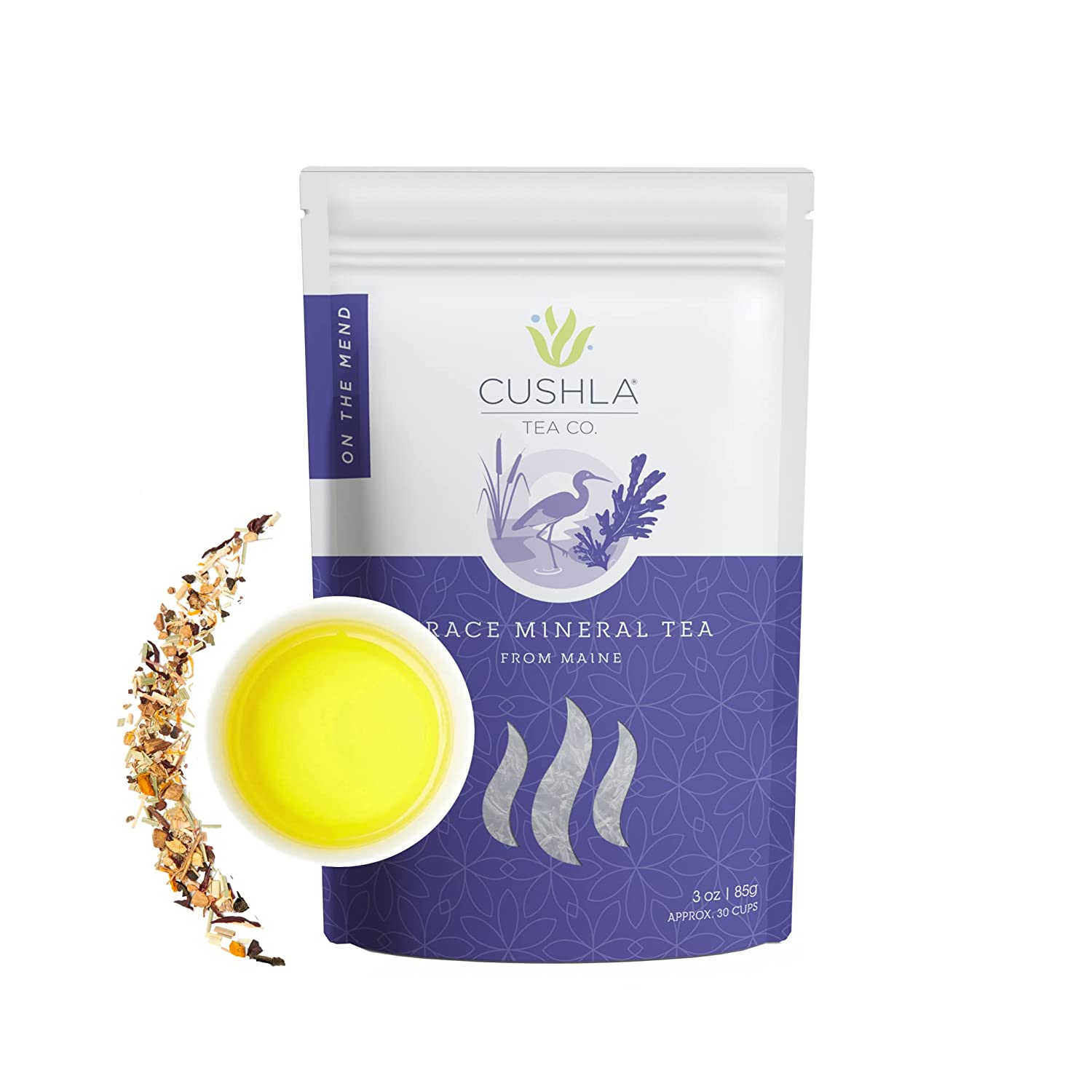Caffeine is one of the most commonly consumed psychoactive substances in the world. It is found in a wide variety of foods and drinks, including coffee, tea, chocolate, and energy drinks. But what is caffeine, and how does it affect the body? Do all teas have caffeine, and what is the oolong tea caffeine content? In this article, we will explore the answers to these questions and more.
Caffeine is a natural stimulant that is found in the leaves, seeds, and fruits of certain plants. It is most commonly consumed in the form of coffee and tea, but is also found in chocolate, energy drinks, and some medications. When consumed, caffeine stimulates the central nervous system, which can increase alertness and reduce fatigue. It can also have a number of other effects on the body, depending on the amount consumed and the individual’s sensitivity to caffeine.
While many people associate caffeine with coffee, it is also found in tea. In fact, all teas contain caffeine to some degree, although the amount can vary depending on the type of tea and how it is prepared. Oolong tea is no exception, and its caffeine content can range from around 30 to 50 milligrams per 8-ounce cup.
One of the main factors that influences oolong tea caffeine content is the oxidation level of the leaves. Oolong tea is partially oxidized, which means that the leaves are allowed to oxidize for a specific amount of time before they are heated to stop the oxidation process. This can result in a wide range of flavors and aromas, but it also affects the caffeine content. Generally, the more oxidized the tea leaves, the lower the caffeine content.
Another factor that can affect oolong tea caffeine content is the brewing method. If the tea is brewed using hotter water or steeped for a longer period of time, it can result in a higher caffeine content. However, the opposite is also true – if the water is cooler or the tea is steeped for a shorter amount of time, the caffeine content may be lower.
So, what are the effects of caffeine on the body? As mentioned, caffeine is a stimulant that can increase alertness and reduce fatigue. It can also improve cognitive function, including memory, reaction time, and attention. However, it can also have some negative side effects, especially in higher doses. These can include jitters, anxiety, and difficulty sleeping.
One of the factors that can influence how an individual reacts to caffeine is their genetics. Some people are more sensitive to caffeine than others, and may experience negative side effects even at low doses. Others may be able to consume large amounts of caffeine without any negative effects. Age, weight, and general health can also play a role in how caffeine affects the body.
Despite its potential drawbacks, caffeine is generally considered safe for most people when consumed in moderation. The recommended maximum daily intake of caffeine is around 400 milligrams, which is roughly the amount found in four 8-ounce cups of coffee. However, it is important to note that the caffeine content of different foods and drinks can vary widely, so it is important to be aware of how much caffeine you are consuming.
If you are looking to reduce your caffeine intake, oolong tea can be a good option. While it does contain caffeine, it generally has lower levels than coffee or black tea. It also has a number of potential health benefits, including reducing the risk of heart disease and diabetes, and improving bone health.






